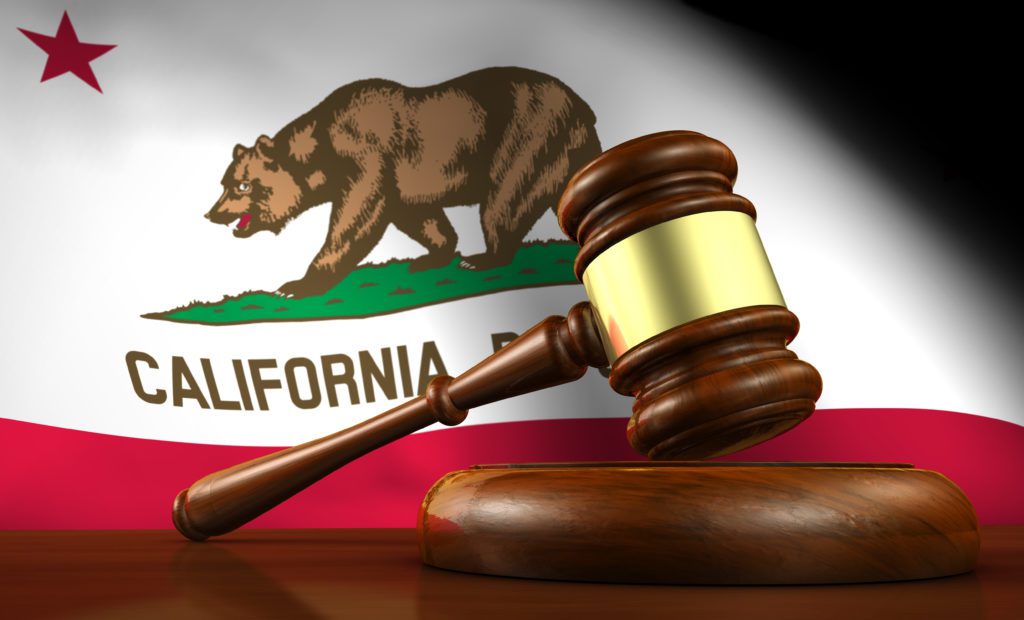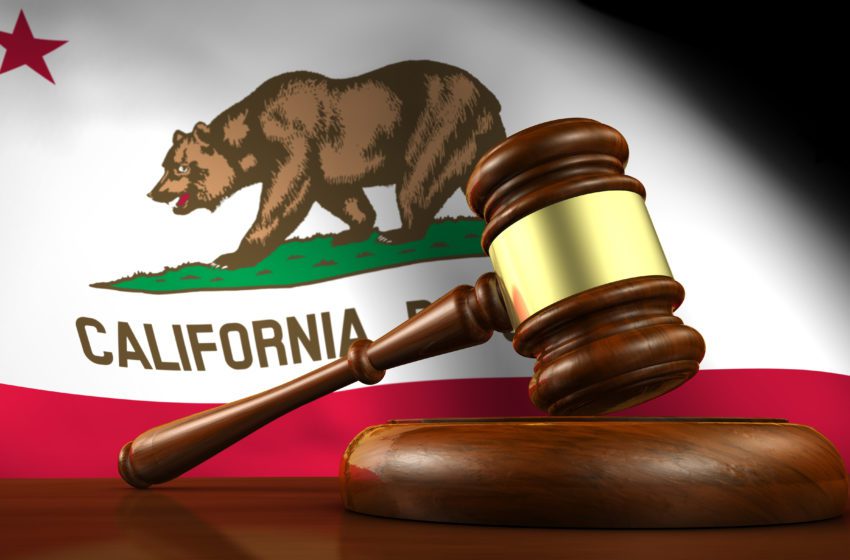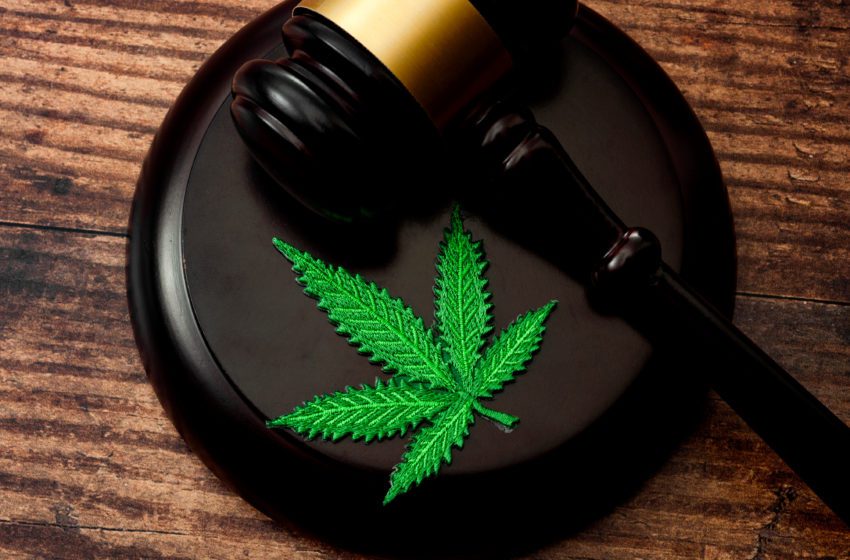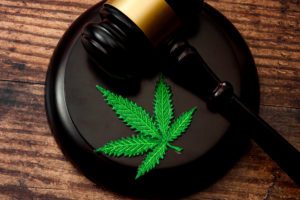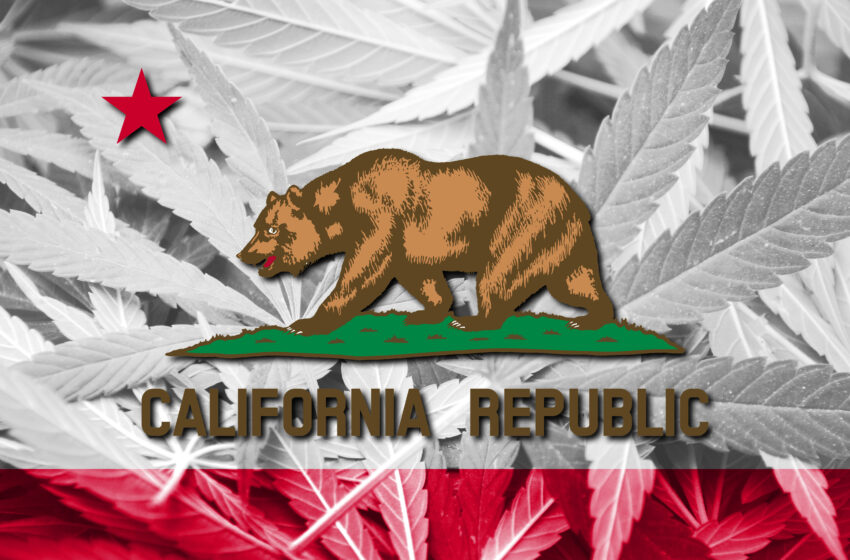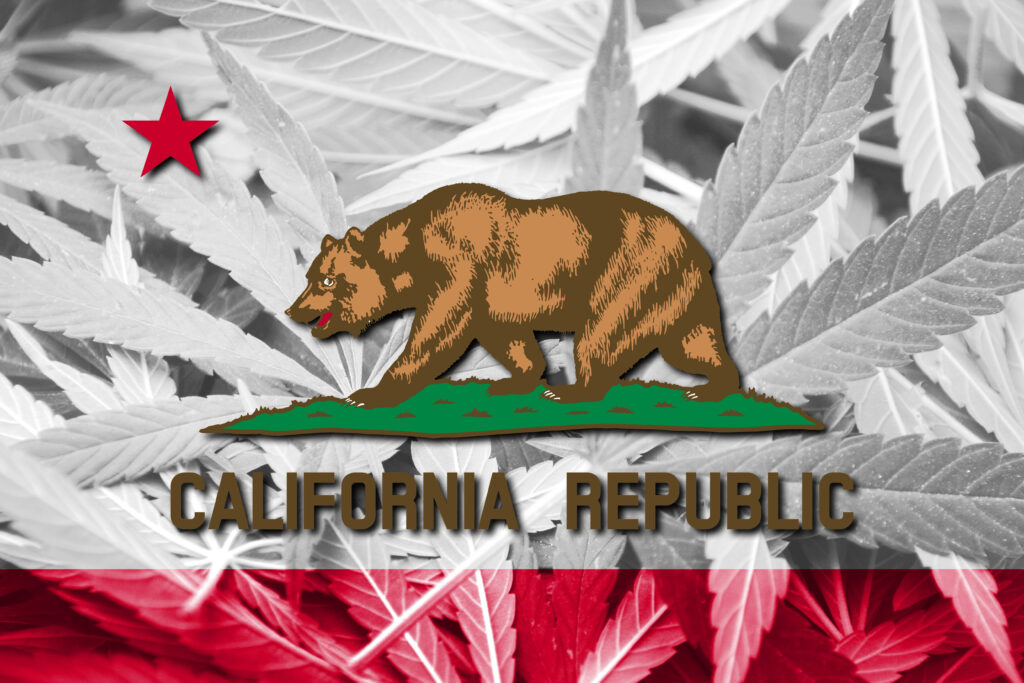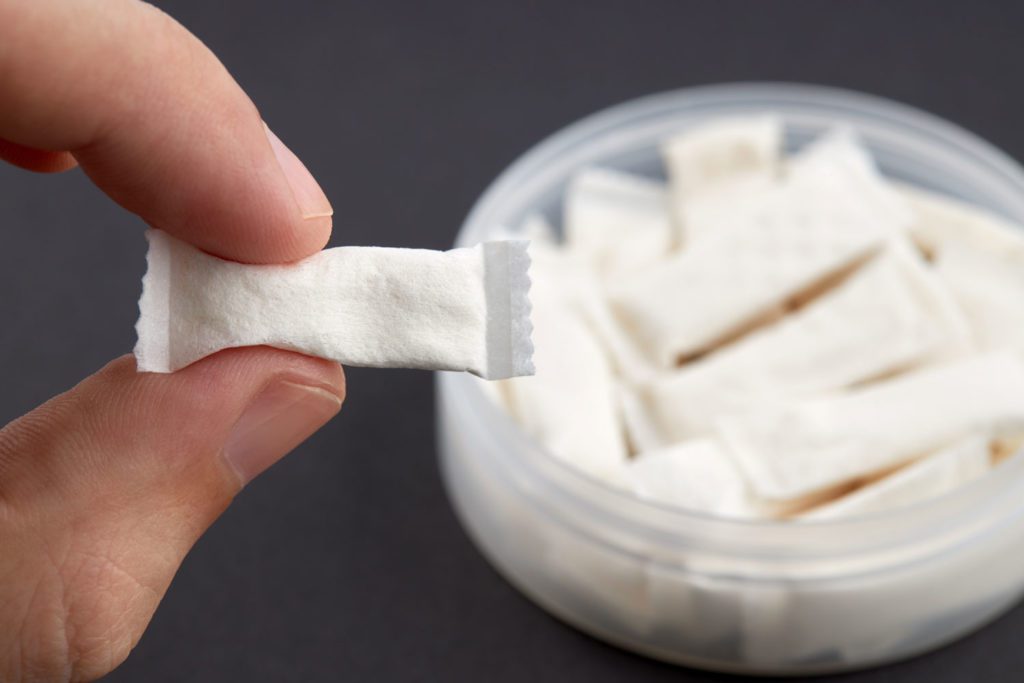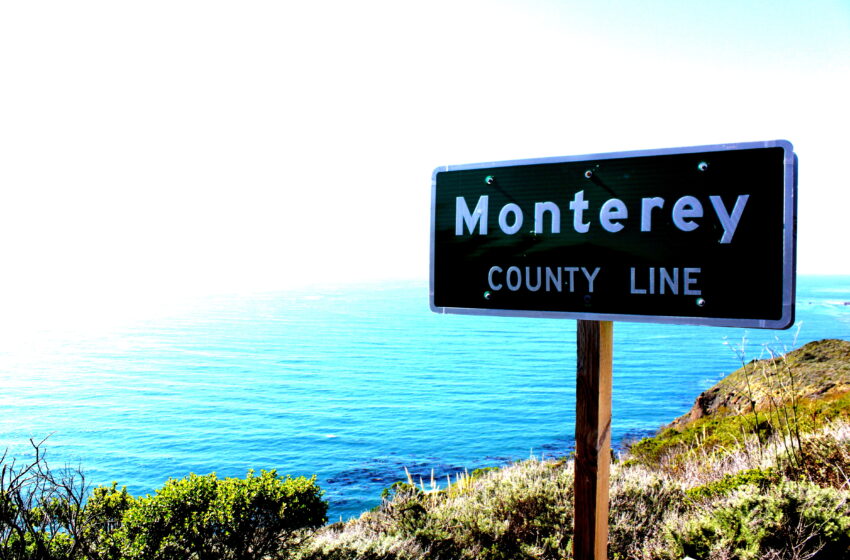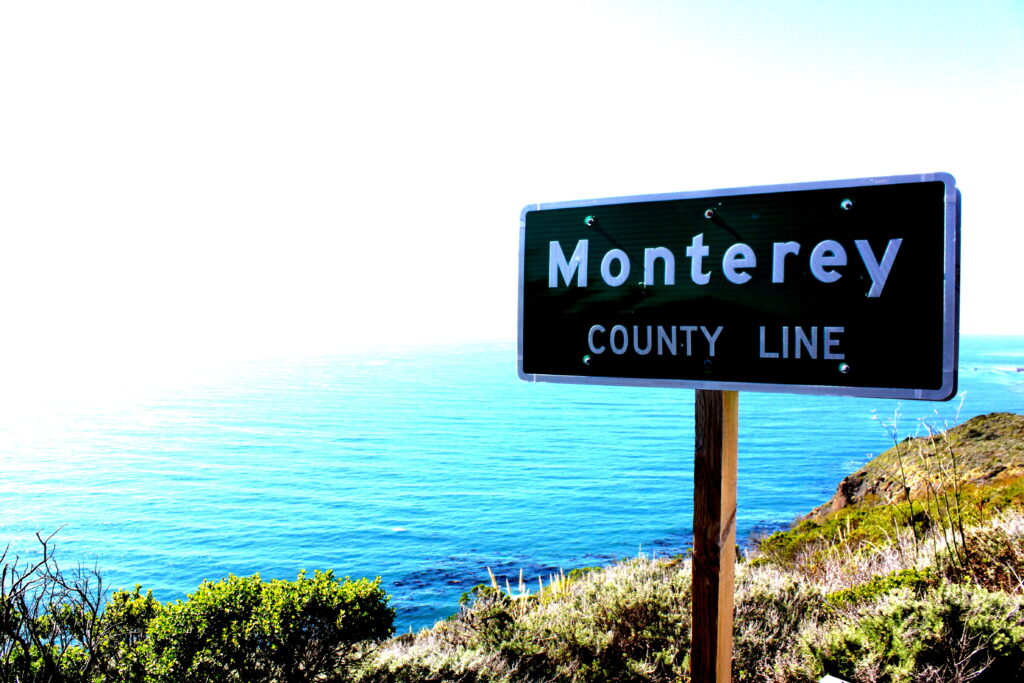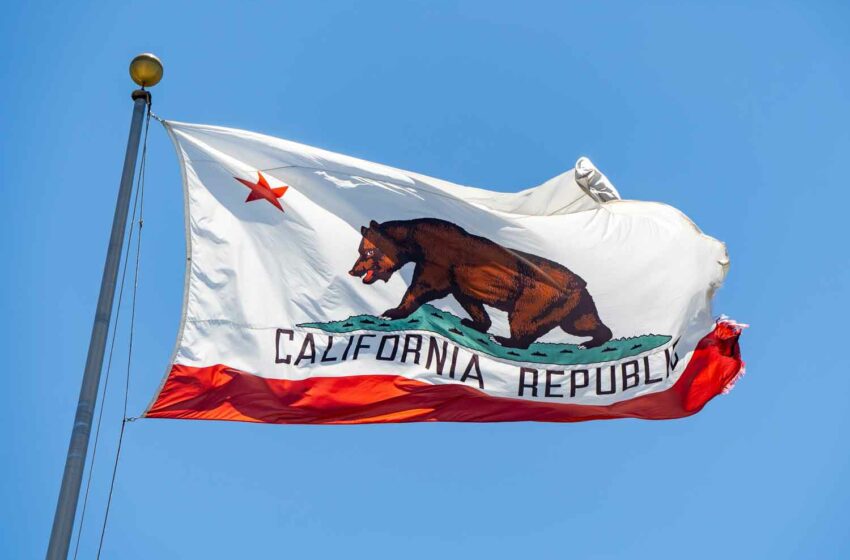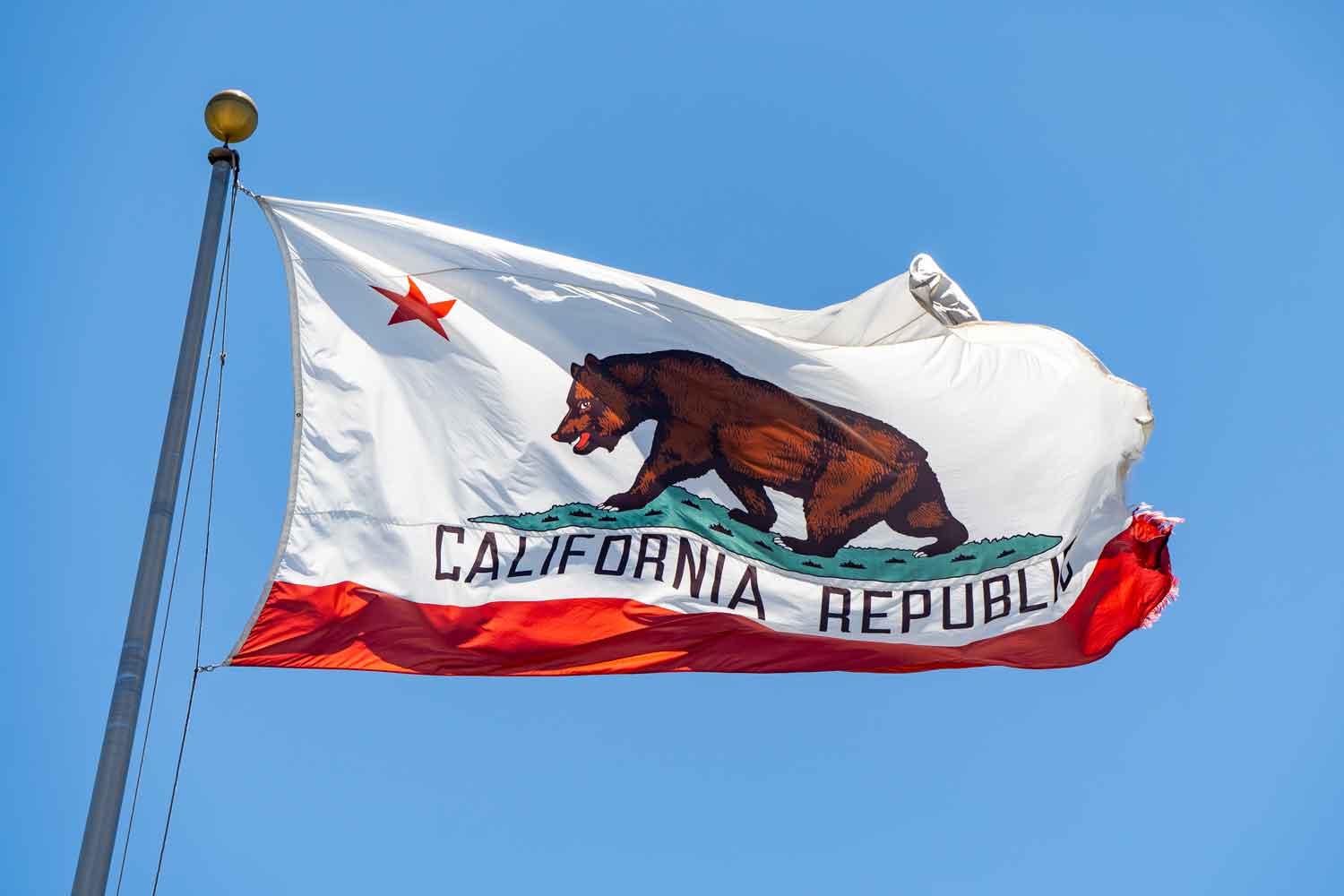The Supreme Court of the United States has rejected R.J. Reynolds Tobacco Company’s bid to challenge a voter-approved ban on flavored vaping and other tobacco products in California, the most populous state in the U.S.
The justices rejected an appeal by R.J. Reynolds, a unit of British American Tobacco, and other plaintiffs of a lower court’s ruling holding that California’s law did not conflict with a federal statute regulating tobacco products.
California Attorney General Rob Bonta, a Democrat who defended the law in court, in a post on X, formerly known as Twitter, called the Supreme Court’s decision “excellent news.”
“We look forward to continuing to fight to prevent addiction and protect the health of our people,” Bonta said, Reuters reports.
R.J. Reynolds declined to comment.
Democratic Governor Gavin Newsom in 2020 signed into law a ban on all flavored tobacco products – including menthol cigarettes and cotton candy-flavored vaping products – in response to concerns about a rise in e-cigarette and tobacco use by teenagers.
The ban’s implementation was delayed after a tobacco industry coalition gathered enough signatures to put to voters a ballot measure that would block California from becoming the largest state to ban flavored tobacco product sales. But nearly two-thirds of voters casting ballots on the measure known as Proposition 31 approved the sales ban in November 2022.
The law made California the second state to ban all flavored tobacco product sales after Massachusetts in 2019. Several other states have restricted flavored vaping products and several municipalities have adopted their own bans.
The U.S. Food and Drug Administration in 2020 banned all flavors except tobacco and menthol in Juul and other cartridge-based e-cigarettes. In 2022, the FDA sought to ban sales of all Juul e-cigarettes, though it later put the order on hold.
Beyond vaping, the FDA in April 2022 proposed banning menthol cigarettes and flavored cigars. Those rules have yet to be finalized and have been the subject of lobbying by tobacco groups.
A day after the California vote, R.J. Reynolds along with a group representing tobacco retailers, the Neighborhood Market Association, and a vape shop, filed a lawsuit arguing the federal Tobacco Control Act, which the FDA enforces, preempts state and local laws that bar flavored tobacco product sales.
But a federal judge ruled those arguments were foreclosed by an earlier decision by the San Francisco-based 9th U.S. Circuit Court of Appeals upholding a similar ban in Los Angeles County.
The 9th Circuit upheld the judge’s ruling on California’s law in June, after the U.S. Supreme Court earlier in 2023 declined to hear an appeal of the Los Angeles ruling.
R.J. Reynolds had previously unsuccessfully asked the U.S. Supreme Court to prevent the California law from taking effect while it pursued its appeals. The justices rejected that request in December 2022.
